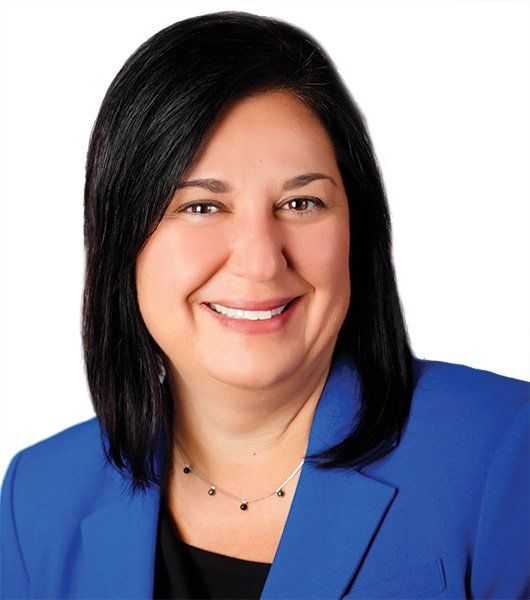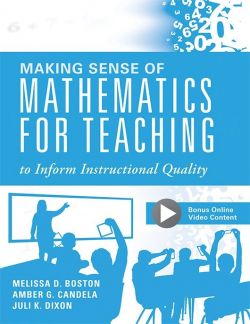
Melissa D. Boston
Melissa D. Boston, EdD, is a professor of mathematics education at Duquesne University in Pennsylvania. In her role, Dr. Boston teaches mathematics methods courses for elementary, middle school, and high school teachers. Previously, she taught middle school and high school mathematics.
Melissa D. Boston
Melissa D. Boston, EdD, is a professor of mathematics education at Duquesne University in Pennsylvania. In her role, Dr. Boston teaches mathematics methods courses for elementary, middle school, and high school teachers. Previously, she taught middle school and high school mathematics.
Dr. Boston provides professional development and conducts research nationally. She has obtained and directed grants for professional development projects from the Heinz Foundation, National Science Foundation, and Spencer Foundation, and has served as external evaluator for several Mathematics-Science Partnership grants. In her research, she examines mathematics teaching and learning through classroom observations and collections of students’ work, using the Instructional Quality Assessment (IQA) in Mathematics Toolkit, for which she is lead developer.
Dr. Boston is a member of the National Council of Teachers of Mathematics (NCTM), Association of Mathematics Teacher Educators (AMTE), and Pennsylvania Association of Mathematics Teacher Educators (PAMTE). She served on NCTM’s Student Explorations in Mathematics committee, NCTM’s Principles to Actions Toolkit development team, and on research advisory boards. She also served as associate editor of Mathematics Teacher Educator and series editor for NCTM’s 2017–18 Annual Perspectives in Mathematics Education. In 2008, she was awarded the Association of Teacher Educators’ Distinguished Dissertation Award.
Dr. Boston received her BS in mathematics and secondary mathematics education from Grove City College. She received an MA in mathematics and an EdD in mathematics education from the University of Pittsburgh.
DNA Mathematics
DNA Mathematics experts understand that educators need to experience mathematics as both teachers and learners. Work with these experts to deepen your understanding of mathematics and facilitate students to do the same.
Presentations by Melissa D. Boston
- Improving Mathematical Discussions Using the IQA Lesson Observation Instrument
- Improve Your Talk Moves: “Link” Students’ Responses and “Press” for More
- Tasks, Talk, and Teachers’ Expectations: Using a Research Tool to Assess (and Improve) the Quality of Mathematics Instruction
- Analyzing Student Work as a Reflection on Practice: Tools for Research and Professional Development
- Using Observation Data to Support Equitable and Ambitious Mathematics Instruction
- Using the IQA as a Professional Development Tool with Mathematics Teachers
- The Instructional Quality Assessment as a Learning Tool for School Leaders
- It’s All about That TASK
- Implementing High-Level Tasks: Using Student Work to Reflect on Instruction
- Analyzing Mathematical Tasks and Task Implementation
- Building Conceptual Understanding in Middle-Grades Mathematics
- Taking Action: Implementing Effective Teaching Practices in Grades 9–12

